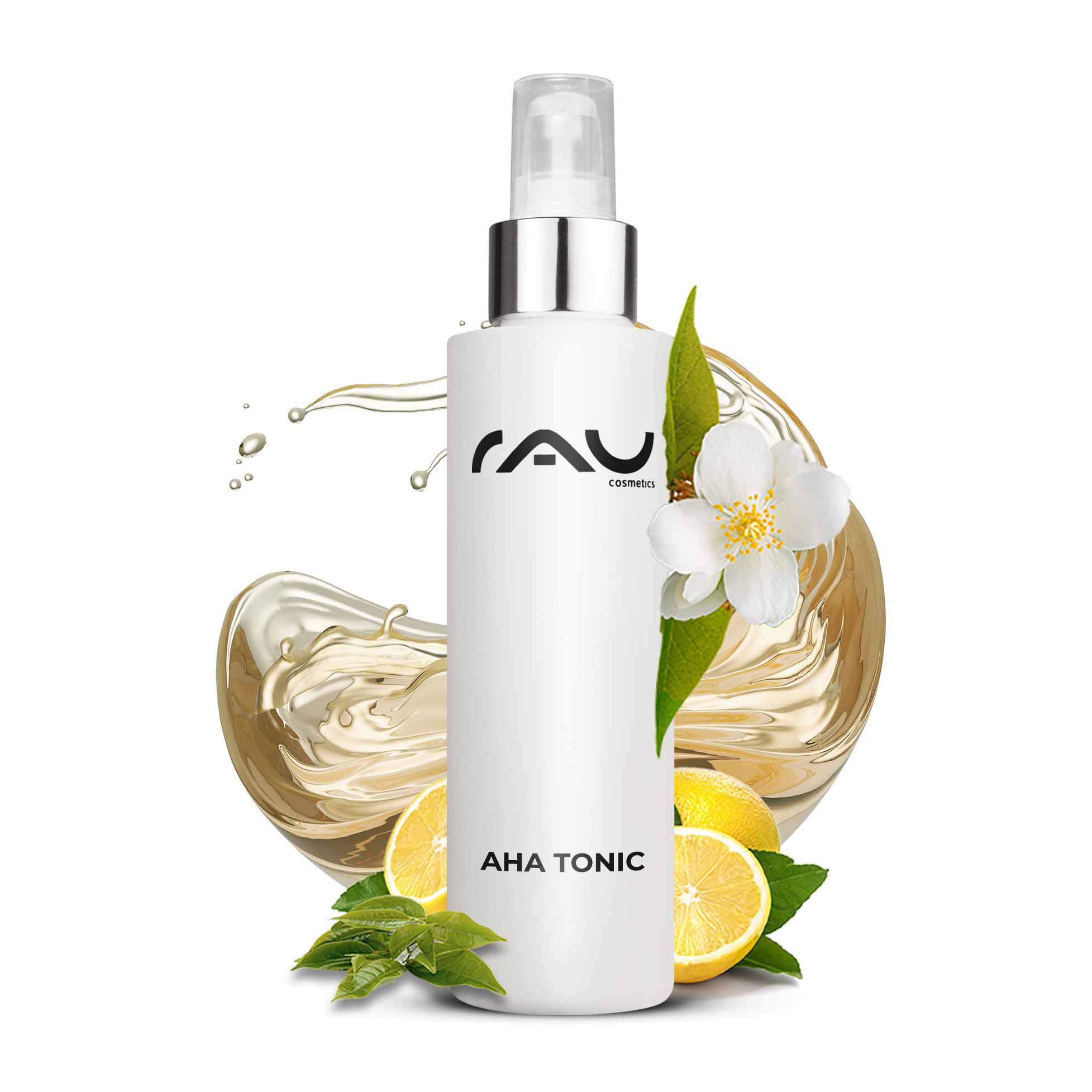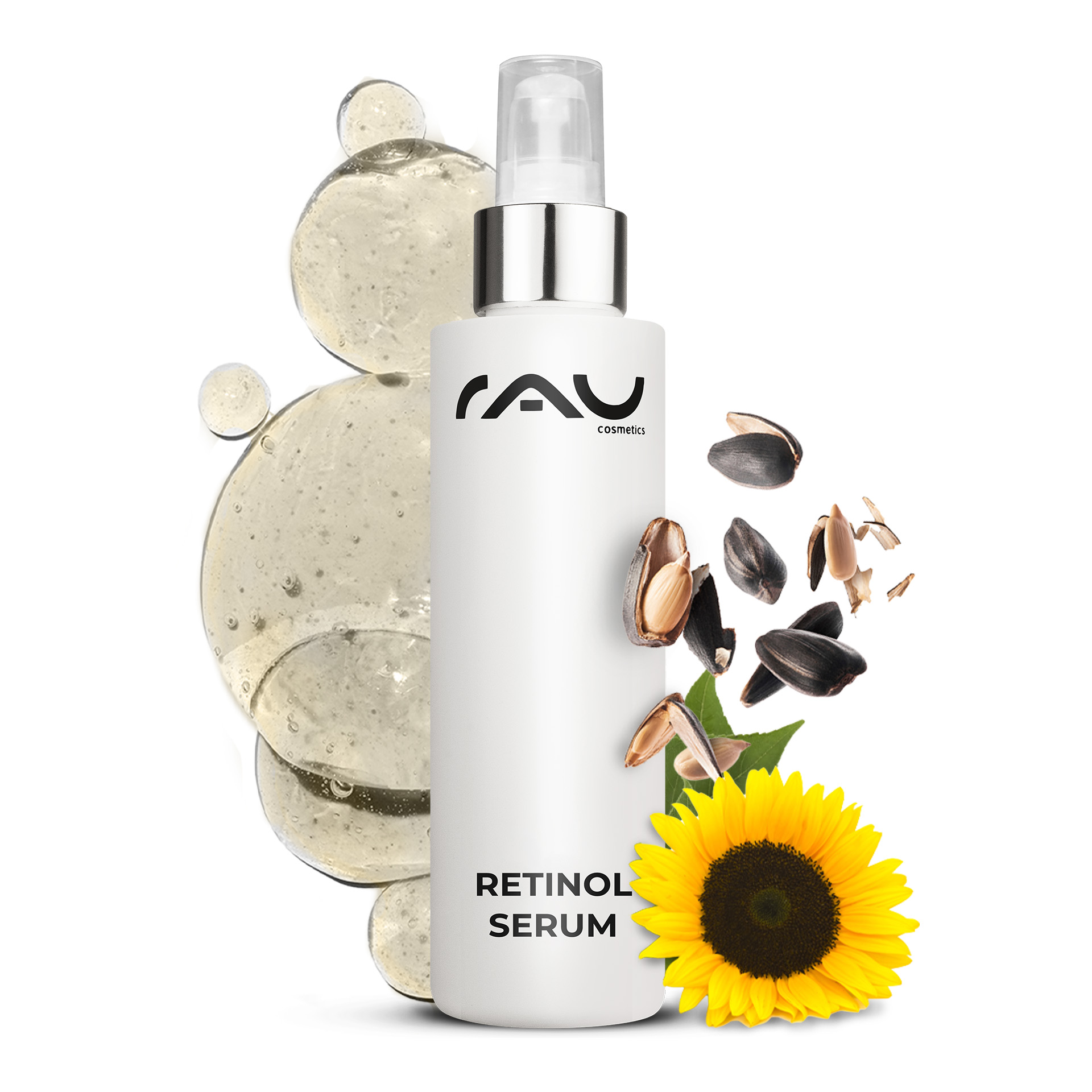Retinol in Skincare: Your Ultimate Guide
If you’ve ever explored anti-aging products, you’ve likely come across the term retinol. But what exactly is retinol, and why is it so popular in skincare? In this article, you’ll learn everything you need to know about retinol – from its benefits and usage to potential side effects. Get comfortable because there’s a lot to discover!
What is Retinol?
Retinol is a form of vitamin A, an essential nutrient important for many body functions. In skincare, retinol is used for its impressive ability to renew and rejuvenate the skin. It belongs to the family of retinoids and is known for improving the appearance of fine lines, wrinkles, and uneven skin texture.
How Does Retinol Work on Your Skin?
Retinol promotes cell renewal and stimulates collagen production. As a result, it can:
- Reduce wrinkles and fine lines
- Improve skin texture
- Minimize hyperpigmentation and age spots
- Combat acne and blemishes
- Refine pores
With regular use, retinol can lead to smoother, more radiant skin.
How to Use Retinol Correctly
The key to using retinol successfully lies in the correct dosage and frequency. Here are some tips:
- Start slowly: Begin with a low concentration and use the product just once or twice a week.
- Apply at night: Retinol can make your skin more sensitive to sunlight, so it’s best applied in the evening.
- Moisturize: Follow up with a rich moisturizer to prevent dryness.
- Sunscreen is a must: During the day, always wear sunscreen with at least SPF 30.
Possible Side Effects
Initially, retinol may cause dryness, redness, and peeling. This is normal and usually subsides after an adjustment period. If severe irritation occurs, reduce usage or consult a dermatologist.
Who is Retinol Suitable For?
Retinol is suitable for most skin types, especially if you:
- Notice signs of aging
- Suffer from acne or blemishes
- Have uneven skin texture or pigmentation
However, if you have very sensitive skin or are pregnant, consult a doctor before using retinol.
Retinol vs. Other Retinoids
In addition to retinol, there are other retinoids like tretinoin or adapalene. These are often stronger and require a prescription. Retinol is the milder, over-the-counter option, making it ideal for beginners.
Tips for Choosing the Right Retinol Product
When purchasing a retinol product, pay attention to the following:
- Concentration: For beginners, products with 0.1% to 0.3% retinol are ideal.
- Formulation: Creams are often gentler than serums.
- Packaging: Choose products in opaque, airtight packaging, as retinol is sensitive to light and air.
Retinol in Combination with Other Ingredients
Retinol pairs well with other skincare ingredients, but caution is advised:
- Niacinamide: Helps to calm the skin.
- Hyaluronic Acid: Provides hydration and reduces dryness.
- Vitamin C: Use vitamin C in the morning and retinol at night.
Avoid: Do not combine retinol with AHAs/BHAs or benzoyl peroxide to prevent irritation.
Conclusion
Retinol is a powerful ingredient that can help address various skin concerns – from wrinkles and acne to pigmentation. With the right application and a bit of patience, you can achieve impressive results. So, why not incorporate retinol into your skincare routine and give your skin the care it deserves?



